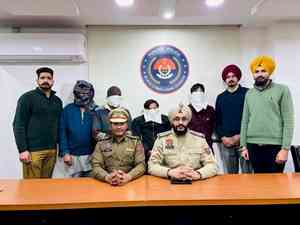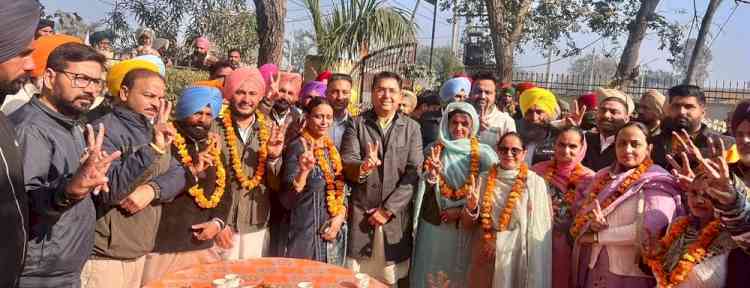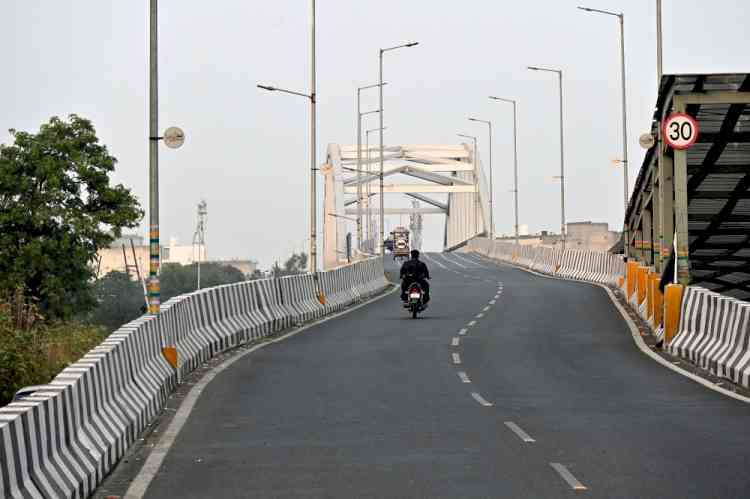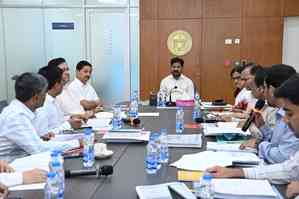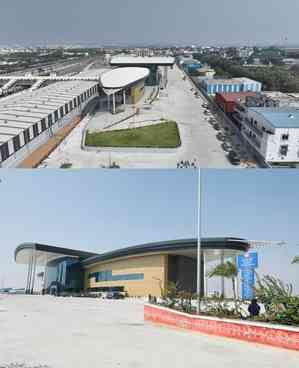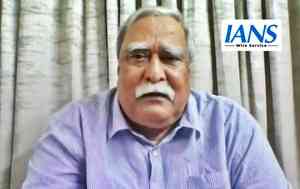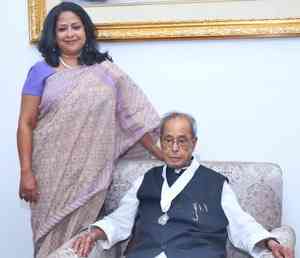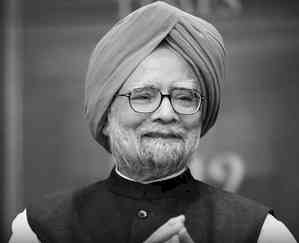Mann-led AAP government is committed to strengthening the health care system in Punjab: Dr Balbir
Punjab's Health Minister, Dr. Balbir Singh, highlighted the revolutionary changes in the health sector under the Aam Aadmi Party (AAP) government, emphasizing initiatives across primary, secondary, and tertiary care.
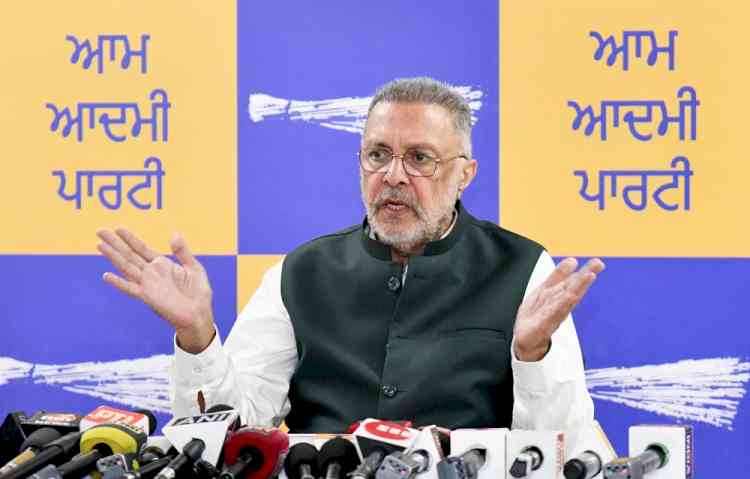
Chandigarh, September 25, 2024: Punjab's Health Minister, Dr. Balbir Singh, highlighted the revolutionary changes in the health sector under the Aam Aadmi Party (AAP) government, emphasizing initiatives across primary, secondary, and tertiary care.
Addressing the media from the AAP office on Wednesday, Dr. Balbir stated that, as per the commitment of Chief Minister Bhagwant Singh Mann, a significant move to strengthen healthcare facilities for kidney patients has been made with the inauguration of eight state-of-the-art Dialysis Centres established with the support of Hans Foundation Dehradun, located in various government hospitals across the state.
The Health Minister inaugurated the facility at Mata Kaushalya Government Hospital in Patiala while simultaneously launching centres in seven other cities, including Amritsar, Malerkotla, Moga, Goniana, Fazilka, Faridkot, and Jalandhar, via virtual connectivity.
Dr. Balbir Singh stated that under the guidance of Chief Minister Bhagwant Singh Mann, this groundbreaking collaboration with the Hans Foundation aims to provide free dialysis facilities and significantly improve access to renal care across the state.
“Initially, the dialysis centres have been established in eight government facilities, benefiting thousands of needy patients. The program plans to expand to all government health facilities, ensuring accessible and quality healthcare for all,” Dr. Balbir Singh noted.
He added that the establishment of 872 Aam Aadmi Clinics has significantly enhanced Punjab's primary healthcare, paving the way for a substantial decrease in kidney ailments in the coming years. Approximately 2.15 crore people have utilized the services of Mohalla clinics, with 92 lakh unique patients. He attributes the majority of kidney failures to high blood pressure and diabetes, emphasizing that these clinics and the free availability of medications have been instrumental in the early diagnosis and treatment of these conditions.
Dr. Balbir Singh further highlighted that Punjab’s Primary Care model and the Farishtey Scheme, which ensures last-mile delivery of medicines, were recently praised at a seminar in Nairobi, Kenya, as global models to be adopted.
He also announced plans to equip all district hospitals in Punjab with emergency services, as well as NICU and ICU facilities. Additionally, he invited NGOs to collaborate with the Punjab government in both the health and medical education sectors to enhance healthcare services for the public. He emphasized that the state government prioritizes Public-NGO partnerships over Public-Private partnerships, as this model is more beneficial to the community.
Dr. Balbir Singh pointed out that in India, many people fall below the poverty line due to out-of-pocket expenditures on health services. He noted that, so far, the people of Punjab have saved ₹1,050 crore thanks to Mohalla clinics and the free healthcare facilities provided by the Mann government. The Chief Minister's Yogashala program now engages 2 lakh participants in yoga, promoting wellness across the state. The AAP's healthcare model, originally from Delhi, has successfully expanded in Punjab and is now recognized internationally, with 40 countries looking to replicate this approach.
Minister Balbir confirmed ongoing efforts to expand healthcare access, including the establishment of new clinics and hospital constructions. Under the visionary leadership of Arvind Kejriwal and CM Bhagwant Mann, the government aims to provide top-quality health services at no cost to citizens.
Future initiatives include establishing a National Center for Disease Control and collaborating with the National Institute of Mental Health to enhance mental health services. Discussions with the central government regarding funding for Guru Ravidas University in Hoshiarpur and about the health sector's funds are also underway.


 IANS
IANS 
